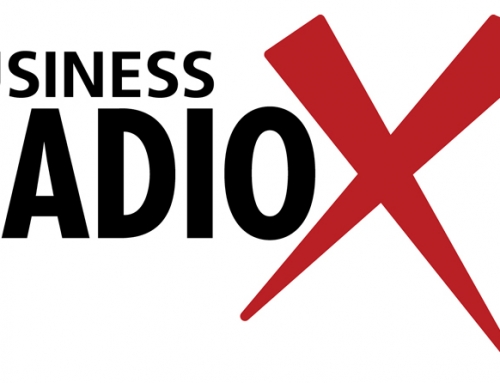Service codes for general anesthesia and IV moderate sedation/analgesia are now obsolete.
Up until now, both of these services were billed for the first 30 minutes and for each additional 15 minutes thereafter have been combined into a new code with a fee equal to each 15 minute increment.
Why the Change?
The intention was to simply reporting for general anesthesia and intravenous conscious sedation.
To create consistency across dental and medical billing protocol.
Preserving the historical value of claims data will more precisely measure health outcomes. The motivation is that tracking this data over time will improve the efficacy and efficiency of various clinical treatments across the American healthcare ecosystem.
The Affordable Care Act (ACA) has decreed that certain dental services are mandated as Essential Health Benefits. These services may sometimes be embedded in medical plans and reimbursed by medical vs dental insurance coverage.
How important is this to Oral Surgeons?
General Anesthesia and IV Sedation usually accounts for over 20% of an oral surgery practice overall revenue.
How are carriers/TPA’s going to pay you for these services now?
There is three different options from an underwriting standpoint.
1. Divide what was previously reimbursed for first 30 minutes by 2. This would pay half for each 15 minute increment billed.
2. Blend the previously billed first 30 minutes fee with the additional 15 minutes fee together.
3. Simply pay previous fee for each additional 15 minutes for all 15 minute increments going forward.
Option #1 is best case. Option #3 is the worst scenario. Option #2 is in the middle.
Example:
Acme Insurance Company’s PPO contracted rates last year based on 30% discount of the UCR outlined below
9220 – $350
9221 – $126
Now paid in 2016 for combined code 9223:
- Option 1 pays $175 per 15 minutes.
- Option 2 pays [$126 x 2 = $252] + $350, divide by 4, for blended average of $150.50.*
- Option 3 pays $126.
*Payors may decide to blend this up or down with their own formulas based on their book of business, perceived trends, and/or other various strategic reasons important to them.
They don’t know for sure the effect of this change either and will be watching closely what happens in the market.
For Participating Providers:
Since this is a contractual change, it should be made in writing. Notices may arrive via USPS or email. They may contain the actual fee schedules or simply a link to a memo about all updates that have taken place in 2016.
For non-contracted carriers and FFS-Only practices:
Keep an eye on your EOB’s.
How Will I Know?
What about our standard office rates?
The same 3 options apply here as well. Let’s say your standard practice fees* for these codes are:
9220 – $500 9221 – $180
New standard office fee in 2016 for combined code 9223:
- Option 1: $500 divided by two = $250
- Option 2 pays [$180 x 2 = $360] + $500, divide by 4, for blended average of $215
- Option 3: $180
* These fees reflect actual market for Atlanta, GA 30305.





